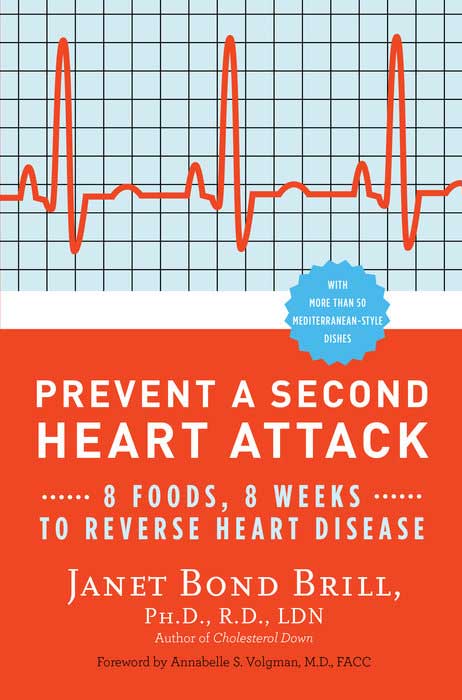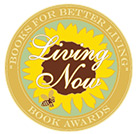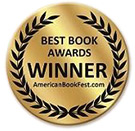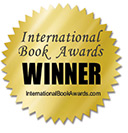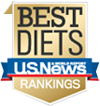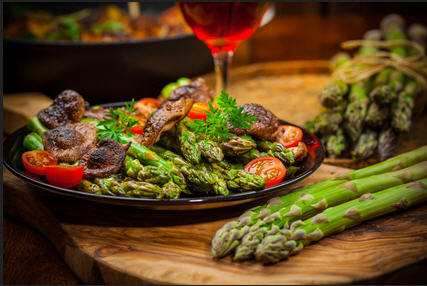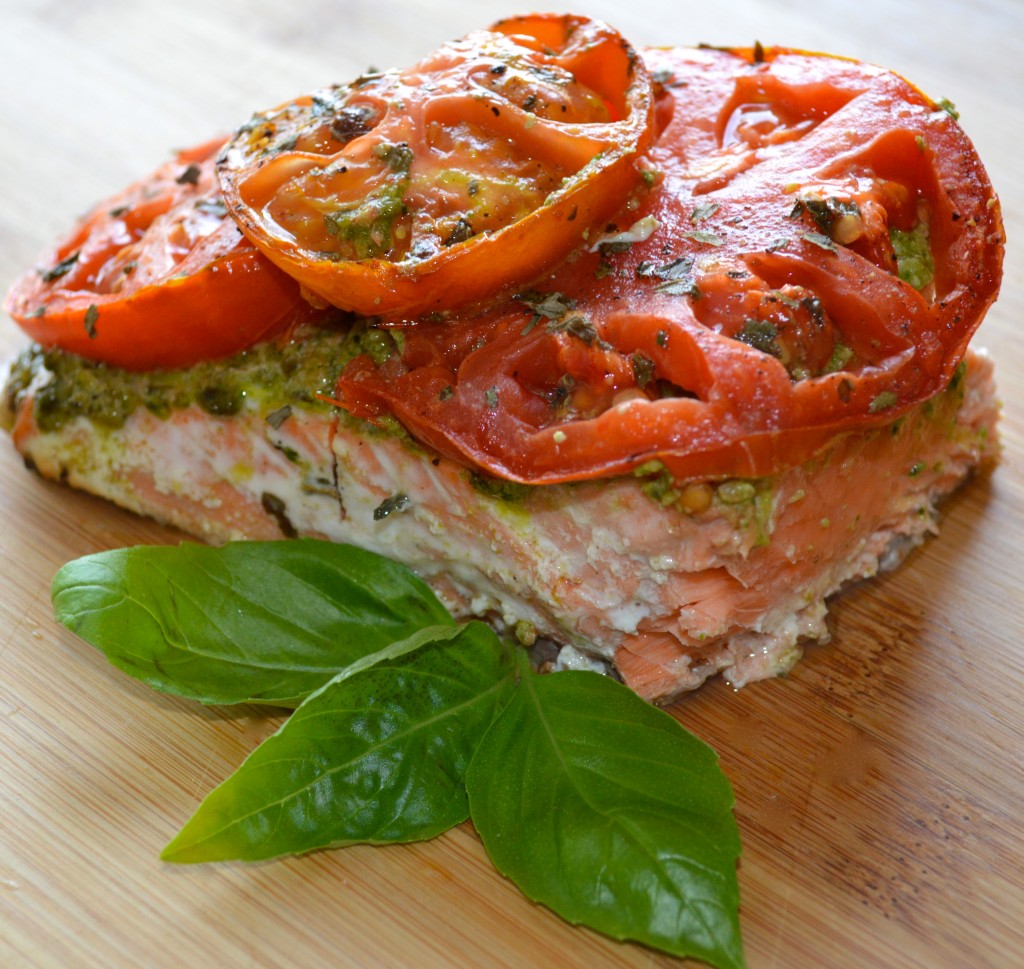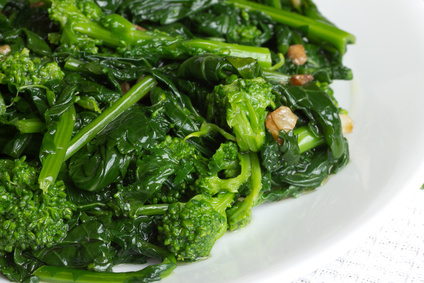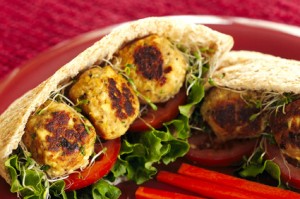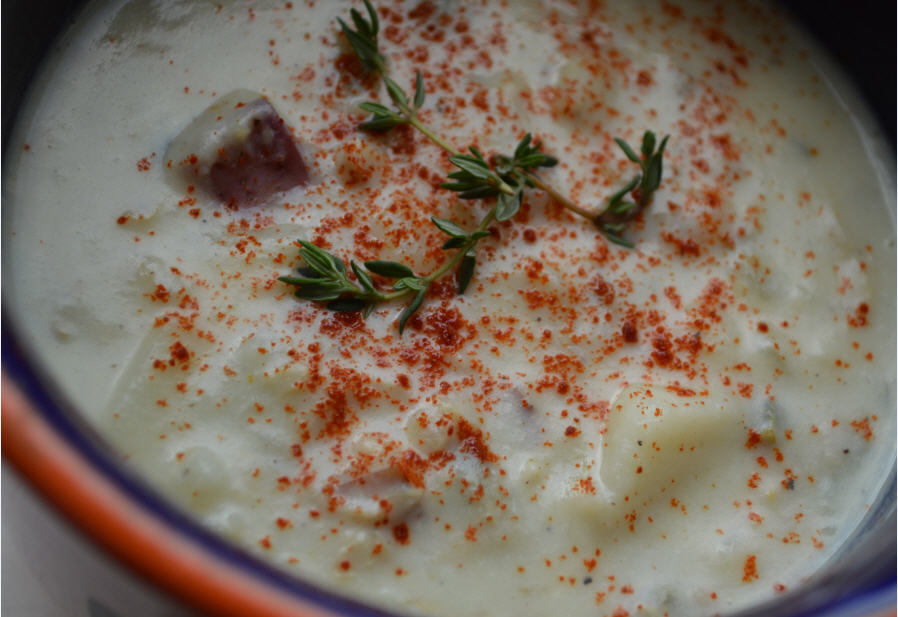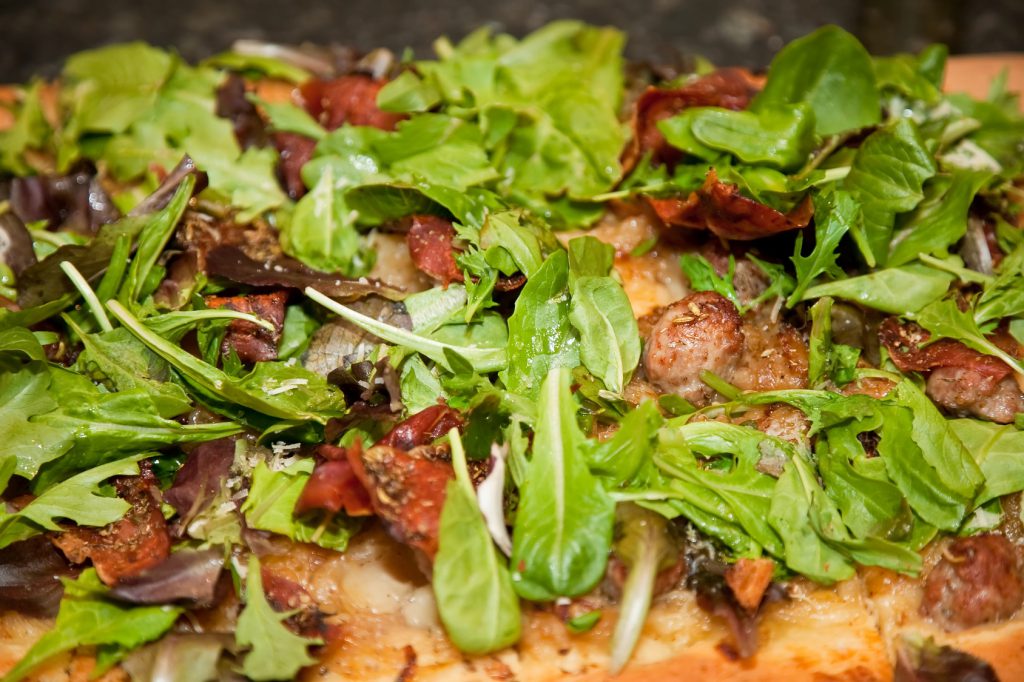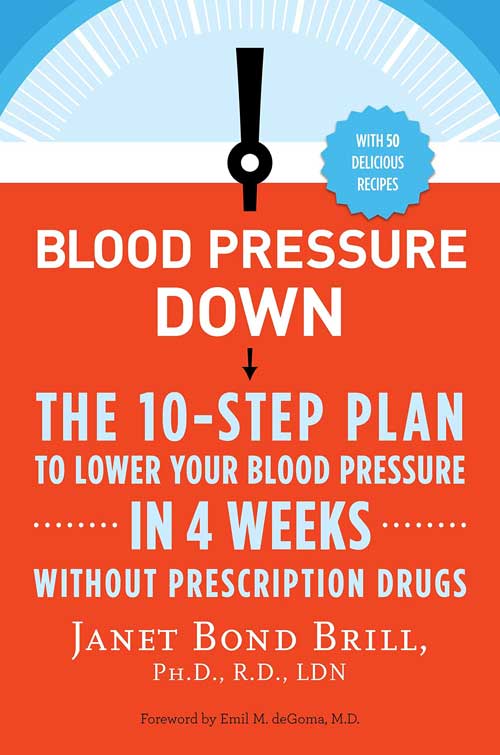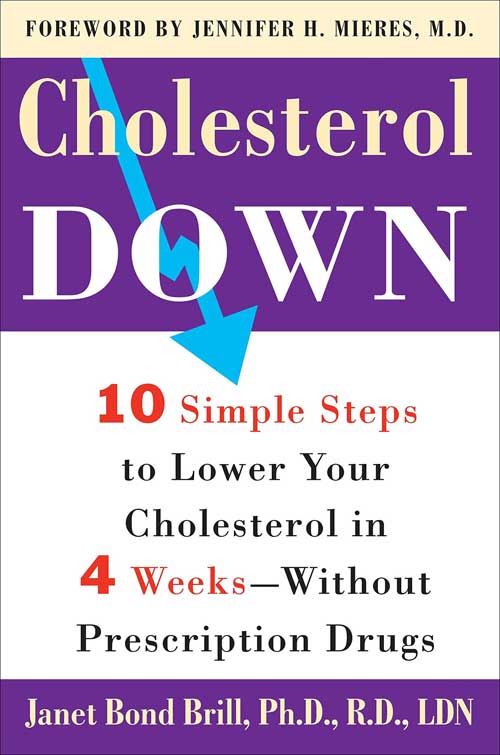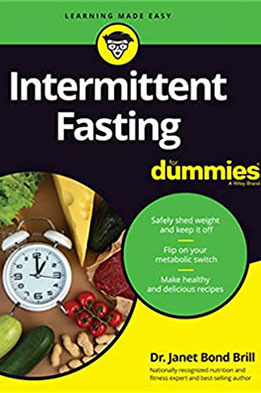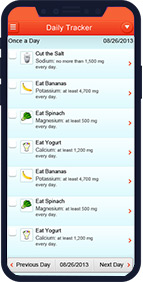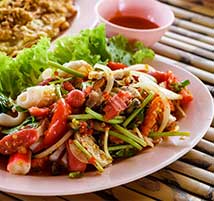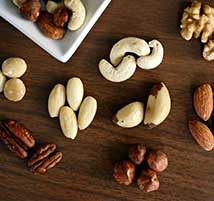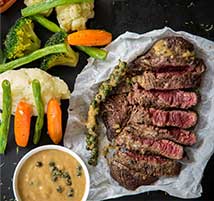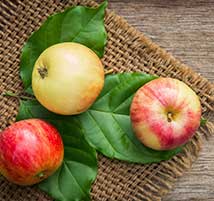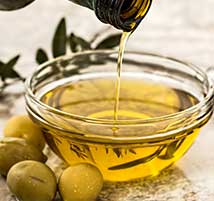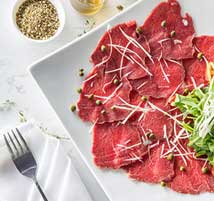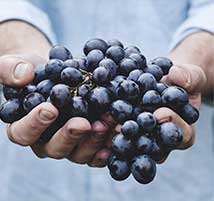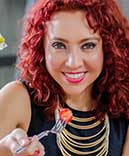The delicious and foolproof plan to prevent a heart attack - and actually reverse your heart disease.
Inspired by the heart-healthy, time-proven Mediterranean Diet, a delicious and foolproof plan to prevent a heart attack - and actually reverse your heart disease.
By following the straightforward, eight-point program in Prevent a Second Heart Attack book, you can reduce your risk of a first heart attack or if you are a survivor, reduce your risk of a second heart attack by up to 70 percent.
Backed by cutting-edge research, Dr. Brill explains why each food is so important to your cardiovascular wellness, and gives you creative tips on how to get your daily dose. Packed with every tool you need - including daily checklists, a complete two-week eating plan, and dozens of mouth-watering recipes to suit every meal, taste, and budget - the program ensures that heart attack survivors and their loved ones will be satisfied, rather than deprived, as they eat their way to better heart health.
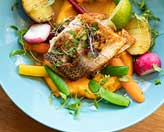
Knowledge, skills, and confidence people interested in preventing a heart attack and heart attack survivors need to make simple - but life-changing-diet and lifestyle
modifications to prevent or reverse their disease and live long, heart-healthy lives.

Backed by cutting-edge research, Dr. Brill explains why each food is so important to your cardiovascular wellness.
She gives you creative tips on how to get your daily dose of heart healthy Mediterranean food.
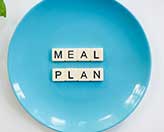
Daily checklists, a complete two-week eating plan, and dozens of mouth-watering Mediterranean recipes to suit every meal, taste, and budget.
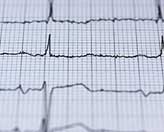
Each year, roughly 1.5 million Americans have a heart attack - and the majority of them survive.
Research shows that just one year after their diagnosis, the vast majority of these heart attack survivors fail to adhere to the dietary changes that could prevent a second heart attack.

